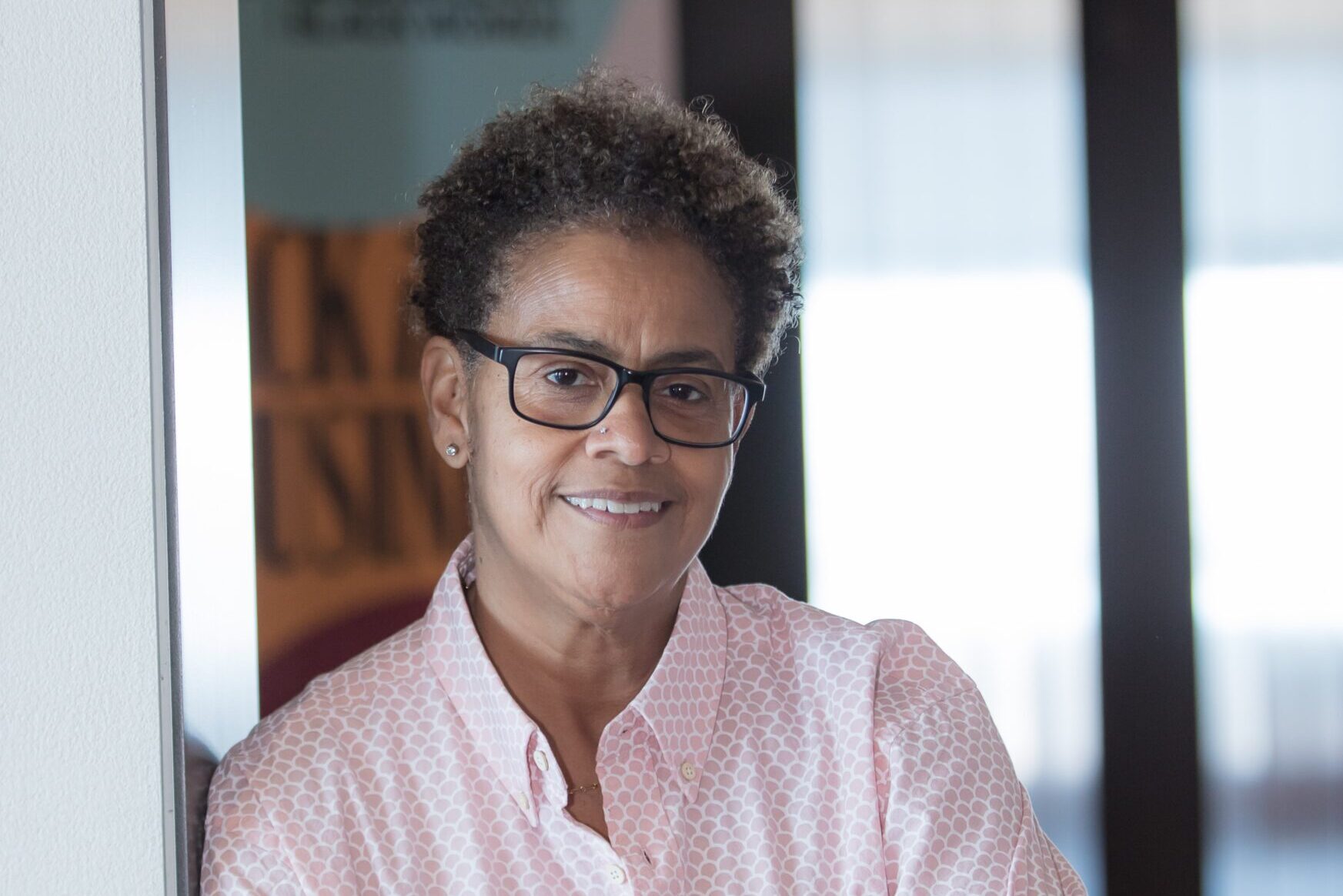Ariel Alternatives has announced the raise of $1.45 billion for Project Black LP, the first private equity initiative of Ariel Investments.
View this post on Instagram
Project Black
According to a press release, Project Black aims to put capital toward middle-market companies that may not be minority-owned, in addition to existing businesses owned by Black and Latinos, with a range of $100 million to $1 billion in revenue.
As a result of the Fund’s ownership, these companies will become certified minority business enterprises of scale that can serve as Tier 1 suppliers to Fortune 500 companies.
“We are scaling change. In so doing, we will redefine what it means to be a minority-owned business in the United States. We are grateful to our investors who share our mission,” said Mellody Hobson, Co-Founder of Ariel Alternatives and Co-CEO & President of Ariel Investments, in a press statement.
Investors Commit At Least $100M
Project Black investors — who have all committed between $100 million to $200 million over the fund’s investment period set at seven years — include, but are not limited to:
- AmerisourceBergen Corporation
- Hobson Lucas Family Foundation
- Synchrony Financial
- Walmart Inc.
- Ballmer Group
- Salesforce, Inc.
“We chose to partner with large institutions that are seeking to drive widespread corporate vendor diversity. Our goal is to help close the racial wealth gap by creating minority-owned businesses of scale through access to both capital and customers,” said Leslie A. Brun, Co-Founder, Chairman & CEO of Ariel Alternatives, according to a press release.
Future Plans
Looking ahead, Project Black is looking to work closely with 6 to 10 middle-market platform companies that meet their revenue criteria.
The markets of interest include:
- healthcare
- industrial
- media and marketing
- outsourcing
- manufacturing and packaging
- technology
- transportation and logistics
- financial and professional services
According to Forbes, it is predicted that the impact of these efforts will lead S&P 500 companies to spend between $8 billion to $10 billion with Black and Latino suppliers, which could also lead to nearly 100,000 jobs in minority communities across 10 industries.

















